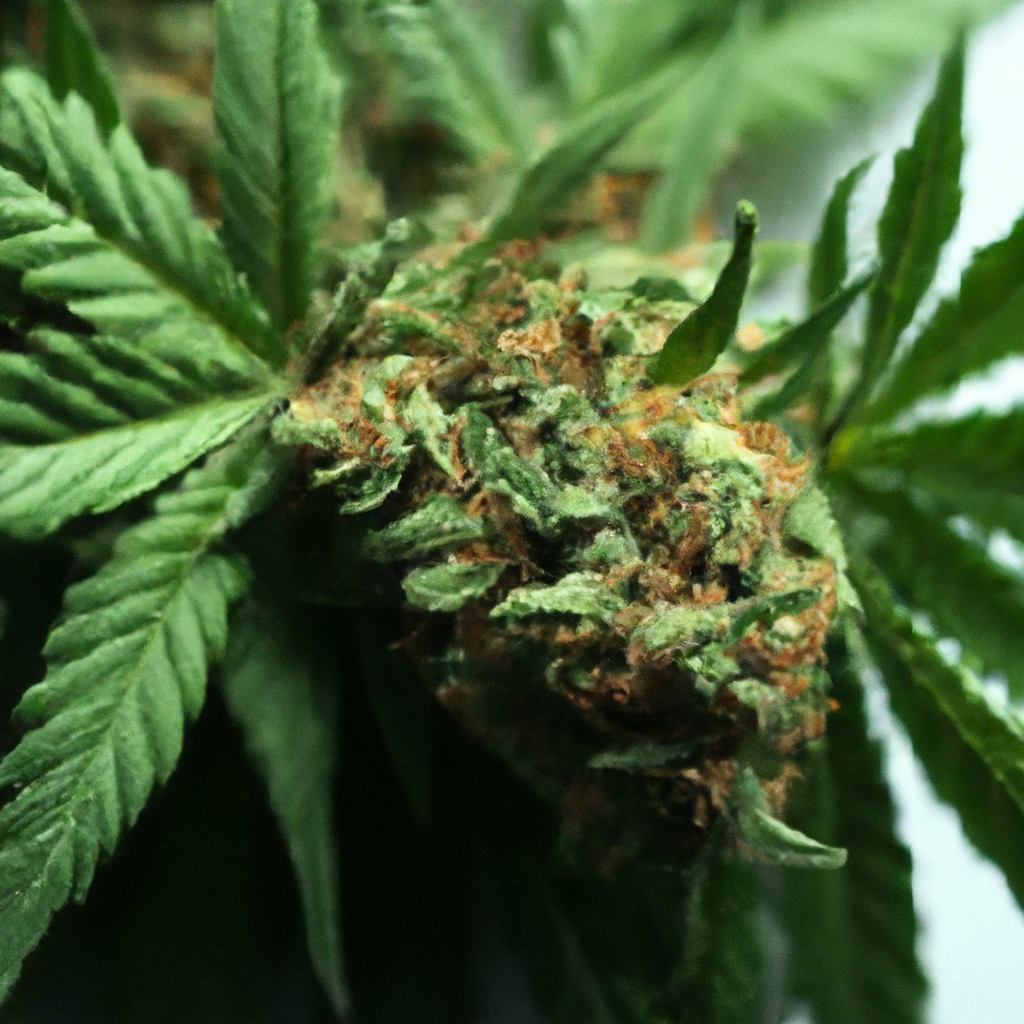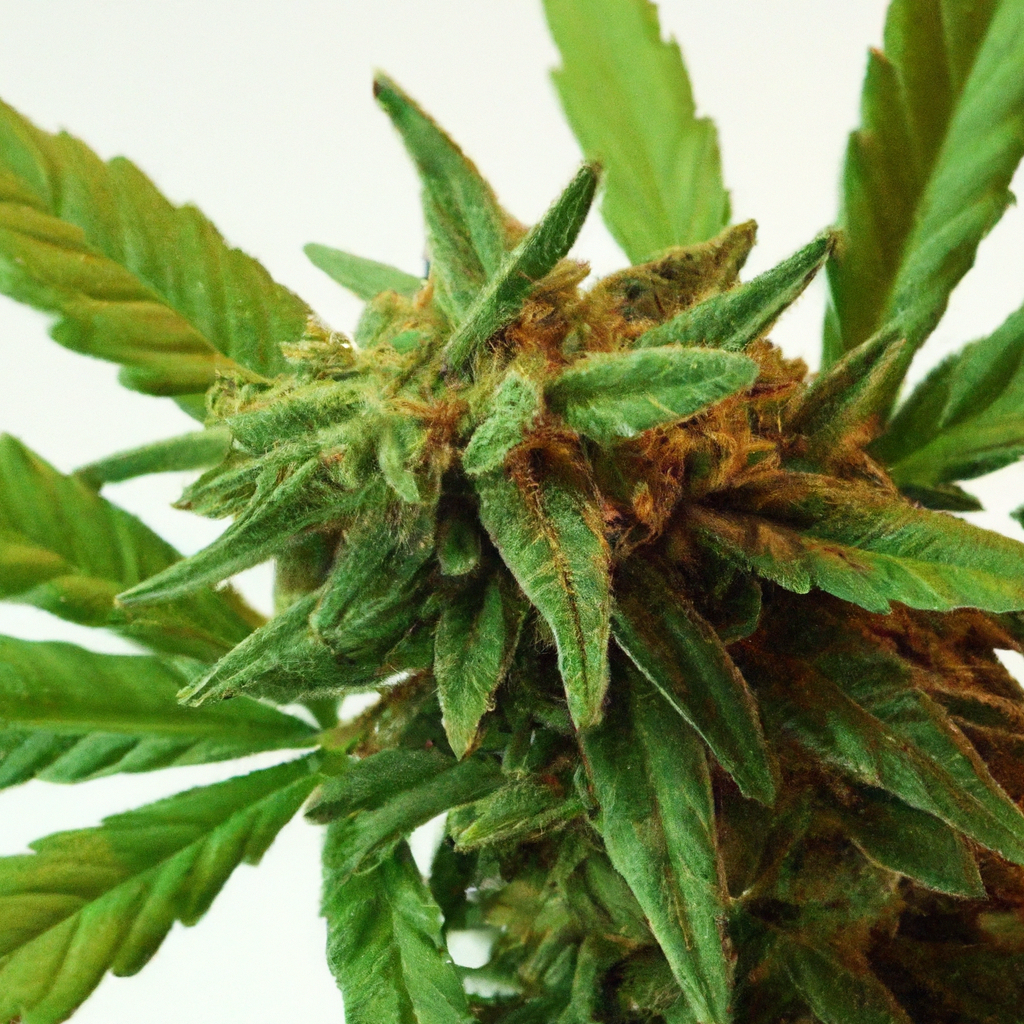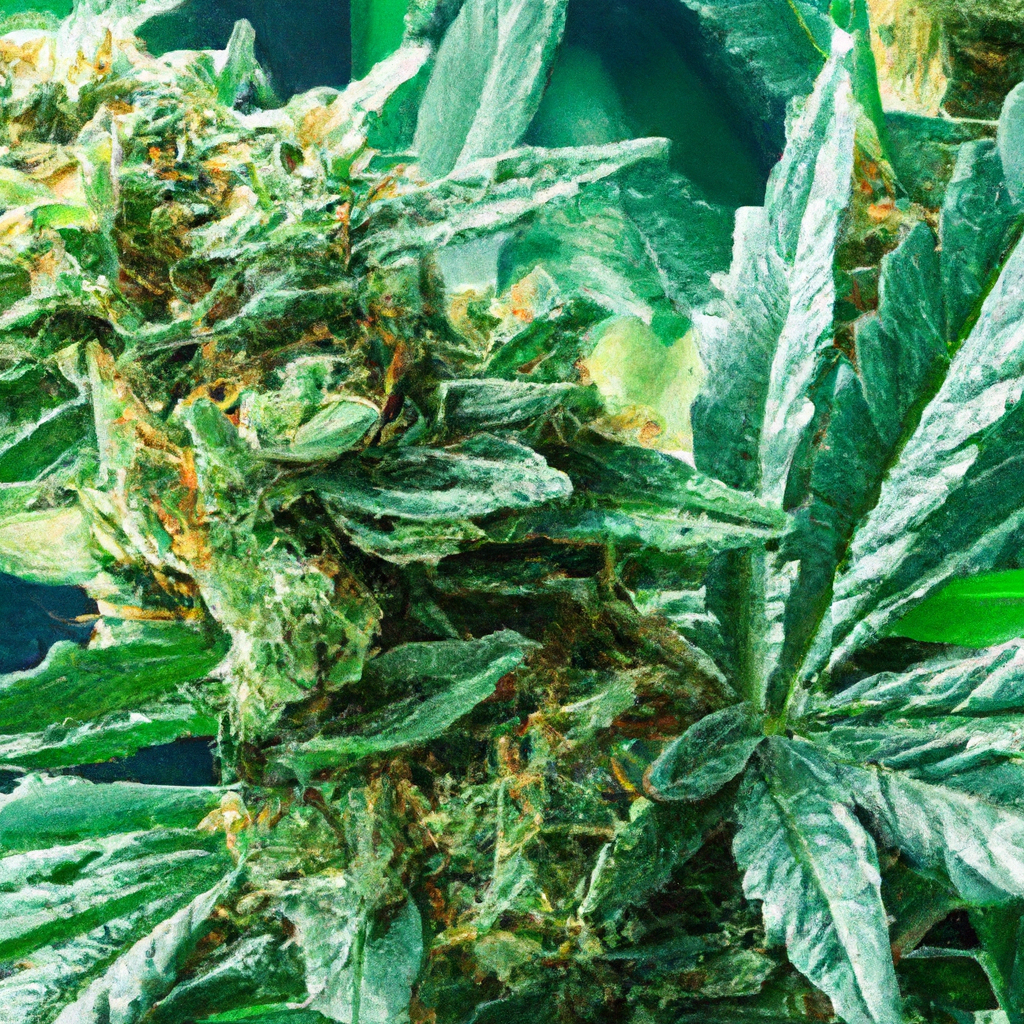Your cart is currently empty!
Tag: CannabisScience

Cannabis has gained popularity as a key element in holistic health, offering a range of wellness benefits beyond recreational use. This article delves into how cannabis, with its array of cannabinoids, terpenes, and flavonoids, enhances physical and mental health, thus becoming an important part of preventive healthcare. It highlights cannabis’s role in stress management, noting…

The complex world of cannabis extends beyond recreational use, influencing physiological aspects such as respiration. As research progresses, understanding cannabis’s impact on respiration offers insights into its therapeutic potential and risks. Cannabis contains various compounds, notably THC and CBD, which may influence respiratory health by reducing airway inflammation and acting as mild bronchodilators. However, risks…

As the world shifts towards sustainable solutions, cannabis bioplastics emerge as a groundbreaking alternative to traditional plastics. Derived from hemp biomass, these bioplastics are renewable and biodegradable, significantly reducing environmental impact. Their quick-growing nature, versatility across industries, and ability to naturally decompose make them an attractive option. While challenges like cost and scalability exist, ongoing…
Explore the fascinating world of cannabis genetics, which plays a crucial role in determining the plant’s growth patterns, psychoactive effects, and therapeutic benefits. The genetic diversity of cannabis not only creates a wide range of strains but also enhances the plant’s resilience against pests and environmental changes. Cutting-edge techniques like CRISPR and genome sequencing are…

Understanding cannabis bioavailability is crucial to maximizing its effects, as it determines how much of the consumed cannabinoids like THC and CBD are absorbed by the body. Different consumption methods—such as smoking, vaping, edibles, tinctures, and topicals—offer varying bioavailability, influenced by factors like product formulation, metabolism, and food interactions. To enhance the benefits, opt for…

Delve into the aromatic world of cannabis, where terpenes—organic compounds responsible for each strain’s unique scent—play a central role. This article explores how aromas, such as those from limonene, myrcene, and linalool, not only contribute to the plant’s allure but also guide consumer choices based on desired effects. Beyond smell, terpenes interact with cannabinoids to…

Cannabigerol (CBG), often called the “mother of all cannabinoids,” is gaining attention for its health and medicinal potential. As a non-psychoactive cannabinoid, CBG is the precursor to other major cannabinoids like THC and CBD. Despite being found in smaller concentrations, CBG offers promising health benefits, including anti-inflammatory properties, neuroprotective effects, antibacterial activity, and potential cancer-fighting…

As the cannabis industry expands, growers are increasingly adopting ultraviolet (UV) light to boost yield and quality by mimicking the natural sunlight spectrum. UV light enhances the production of secondary metabolites like flavonoids and terpenes, with specific spectra (UV-A, UV-B, and UV-C) affecting plant growth differently. Effective implementation involves careful management of intensity, timing, and…

The cannabis industry’s evolution is highlighted by advancements in cannabinoid extraction, a crucial process influencing product quality and efficacy. This guide delves into several extraction methods, such as supercritical CO2, ethanol, hydrocarbon, and solventless techniques, each with distinct impacts on purity, flavor, safety, and environmental consequences. Choosing the right method involves balancing these factors based…

The evolving relationship between cannabis and the immune system is a growing focus of study, particularly as cannabis legislation changes globally. This article explores how cannabis interacts with the body’s immune system, detailing the role of key cannabinoids like THC, CBD, and CBG in modulating immune responses. Cannabis shows potential in offering anti-inflammatory effects, pain…
